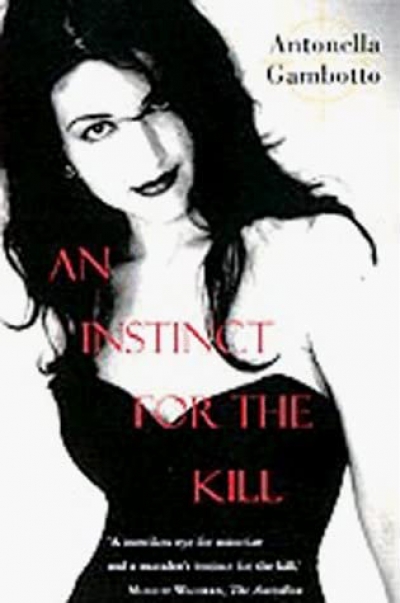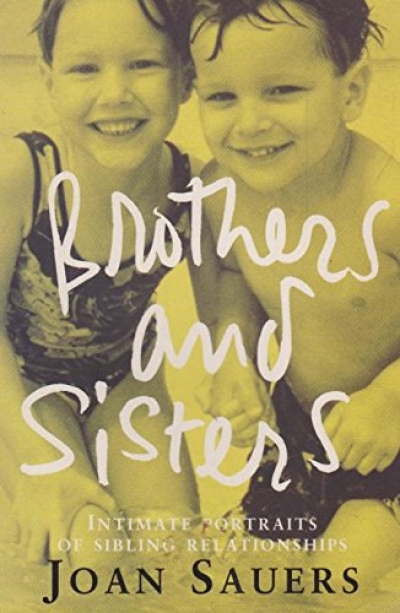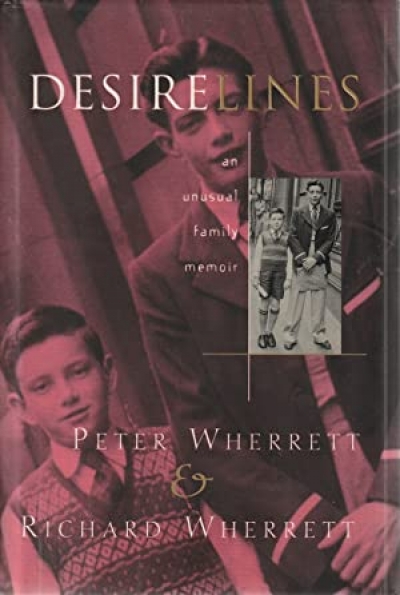Archive
Left, Right and Centre: A tale of sex, greed and power by Tim Ferguson
A player of the calibre of John McEnroe constantly thrills his audience with strokes so perfectly timed that they appear effortless and lethal – and it is this combination which regularly amazes spectators. They may at times sense that what contributes so effectively to this timing is an early preparation of his strokes. He seems always already ready. It is, I suspect, only on fewer occasions that an admiring audience can see, and appreciate, what lies behind that: an ability, seemingly an uncanny one, to anticipate the play of the opponent. So uncanny sometimes that spectators come close to laughing, embarrassingly, at the supposed ‘luck’ of the player – to manage even to ‘get the racket at’ some extremely difficult or unexpected shot by the opponent, but then perchance to hit it for a winner. But the wise audience ‘knows’ that only the exceptional player has such ‘luck’ and has it so often. It is uncanny.
... (read more)Brothers and Sisters: Intimate portraits of sibling relationships by Joan Sauers
I opened up my last issue of ABR to see my photograph. It’s there because I was mentioned at a conference at La Trobe as evidence of an ascendant antiintellectualism. I suspect my new reputation as a villain on the black hat side of the Culture Wars has a lot to do with my play, Dead White Males, or, more accurately, the fact that the play proved popular with audiences. Dead White Males satirised the dominant theology of the humanities, variously called postmodernism, post-structuralism, deconstructionism, social constructionism or what you will.
... (read more)The Ghost Names Sing by Dennis Haskell & Album of Domestic Exiles by Andrew Sant
Desirelines: An unusual family memoir by Peter Wherrett and Richard Wherrett
Personal Best edited by Tessa Duder and Peter McFarlane
From Denis Altman
Dear Editor,
I suspect I’m the ‘(male) baby boomer academic who should have known better’ referred to by Delia Falconer in her piece in the Gangland symposium (ABR, November 1997).
... (read more)






